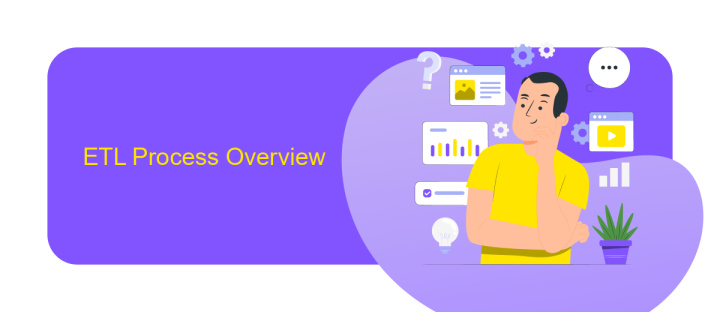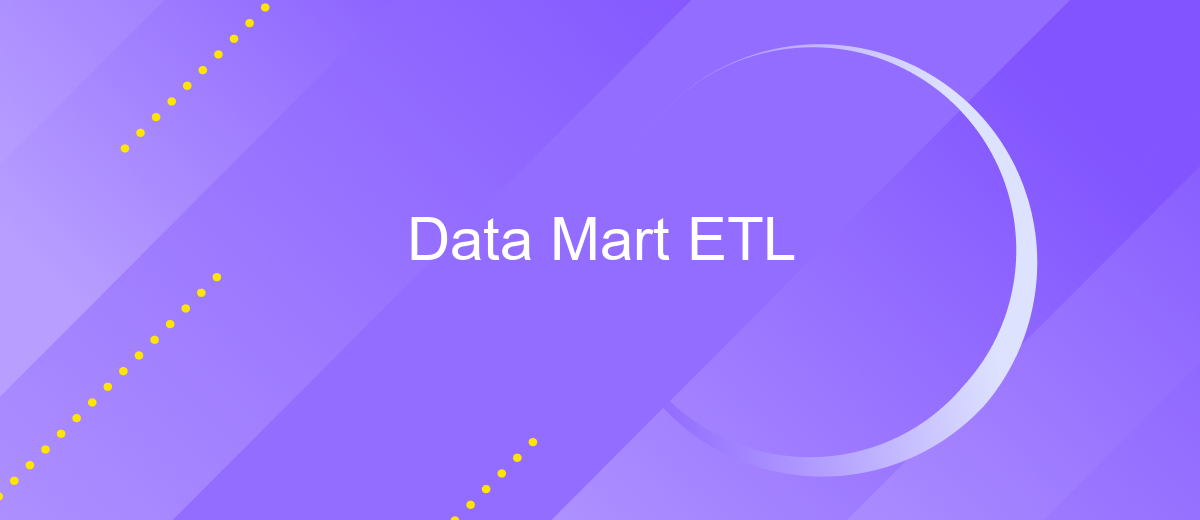Data Mart ETL
A Data Mart is a crucial component in data warehousing, designed to focus on specific business areas. Extract, Transform, Load (ETL) processes are essential for the efficient creation and maintenance of Data Marts. This article delves into the intricacies of ETL, exploring how it extracts data from diverse sources, transforms it into meaningful information, and loads it into Data Marts for analysis.
Data Mart Overview
A Data Mart is a subset of a data warehouse focused on a specific business line or team. It is designed to meet the particular needs of a specific group of users by providing them with a streamlined, subject-oriented view of data. Data Marts can be created using various ETL (Extract, Transform, Load) processes to ensure data is accurately aggregated and ready for analysis.
- Improved query performance by reducing data volume
- Cost-effective and quicker to implement compared to full data warehouses
- Enhanced data security by limiting access to specific data sets
- Customizable to meet the unique needs of different business units
Setting up a Data Mart involves integrating multiple data sources, which can be a complex task. Services like ApiX-Drive simplify this process by automating data integration and ensuring seamless data flow between different systems. This helps in maintaining data consistency and reliability, making it easier for businesses to derive actionable insights from their Data Marts.
ETL Process Overview

The ETL process, which stands for Extract, Transform, Load, is a crucial component in data warehousing and analytics. During the extraction phase, data is collected from various sources, including databases, cloud services, and APIs. This raw data is then transformed into a suitable format through cleansing, normalization, and enrichment processes. The final step involves loading the transformed data into a data mart, making it readily available for analysis and reporting.
Setting up efficient ETL processes often requires robust integration tools. Services like ApiX-Drive facilitate seamless data integration by automating the data extraction and transformation stages. ApiX-Drive supports a wide range of data sources and provides customizable workflows, ensuring that data is consistently accurate and up-to-date. By leveraging such tools, organizations can significantly reduce the time and effort required to maintain their ETL pipelines, allowing them to focus on deriving valuable insights from their data.
Extraction Techniques

Extraction techniques are crucial for the successful creation and maintenance of a Data Mart. These techniques involve the collection of data from various sources, ensuring that the data is accurate, complete, and ready for transformation and loading into the Data Mart.
- Full Extraction: This method involves extracting all the data from the source system without any filtering. It is useful for initial loads or when the source data is relatively small.
- Incremental Extraction: Only the data that has changed since the last extraction is pulled. This method is efficient for ongoing data updates and minimizes the load on the source system.
- API Integration: Using APIs to extract data from various applications and services. Tools like ApiX-Drive can facilitate seamless integration and automation of data extraction processes.
Choosing the right extraction technique depends on the specific requirements and constraints of your data sources. Full extraction is straightforward but can be resource-intensive, while incremental extraction is more efficient but requires tracking changes. API integration, supported by services like ApiX-Drive, offers flexibility and automation, making it an excellent choice for dynamic environments.
Transformation Techniques

Transformation techniques in ETL processes are crucial for converting raw data into a format suitable for analysis. These techniques ensure data consistency, quality, and usability, making it easier to derive actionable insights from the data. The transformation phase can involve various operations such as data cleansing, normalization, and enrichment.
Data cleansing involves identifying and correcting errors or inconsistencies in the data. Normalization helps in organizing the data to reduce redundancy and improve integrity. Data enrichment adds valuable information to the existing data set, enhancing its value for analysis.
- Data Cleansing: Detecting and correcting errors or inconsistencies
- Normalization: Organizing data to reduce redundancy
- Data Enrichment: Adding valuable information to the data set
Using integration services like ApiX-Drive can streamline the transformation process by automating data flows between various sources and destinations. ApiX-Drive offers a user-friendly interface and powerful features to set up and manage integrations, ensuring that the transformed data is accurate and up-to-date. This automation significantly reduces the manual effort involved in the transformation phase.
Loading and Data Validation
Loading data into a Data Mart involves extracting data from various sources and transforming it into a format suitable for analysis. This process ensures that the data is accurate, consistent, and up-to-date. Tools like ApiX-Drive can facilitate this by automating the integration of different data sources, minimizing manual intervention, and reducing the risk of errors. By leveraging such services, organizations can streamline their ETL processes, ensuring that the data is loaded efficiently and reliably.
Data validation is a critical step in the ETL process, ensuring that the data loaded into the Data Mart is accurate and meets predefined quality standards. This involves checking for data completeness, consistency, and integrity. Automated validation rules can be implemented to detect anomalies and discrepancies, allowing for timely corrections. By incorporating robust validation mechanisms, organizations can maintain the reliability of their Data Mart, ensuring that the insights derived from the data are both accurate and actionable.
FAQ
What is a Data Mart?
What is ETL in the context of Data Marts?
Why is ETL important for Data Marts?
How can I automate the ETL process for my Data Mart?
What are the common challenges in implementing ETL for Data Marts?
Strive to take your business to the next level, achieve your goals faster and more efficiently? Apix-Drive is your reliable assistant for these tasks. An online service and application connector will help you automate key business processes and get rid of the routine. You and your employees will free up time for important core tasks. Try Apix-Drive features for free to see the effectiveness of the online connector for yourself.

